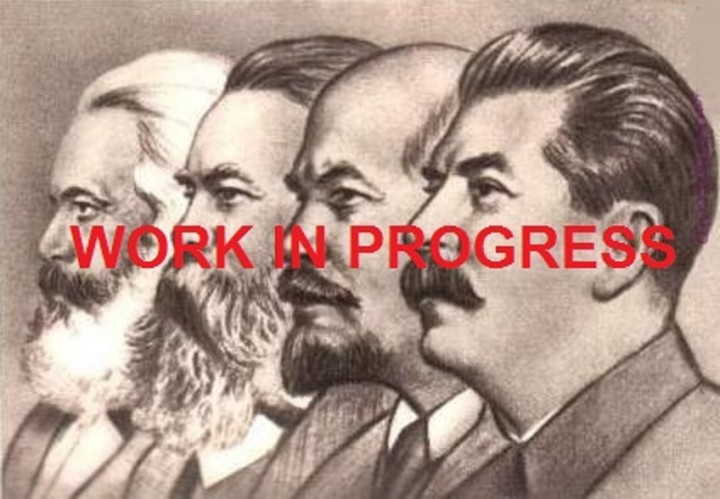
Progress as a political program
HAVANA — I don’t know any leader of the Latin American New Left who calls himself “pragmatic,” although they all are.
Surely, they all have beliefs and ideological affinities, but they don’t incorporate them into their management nor subordinate national political projects to them. They all agree that the current task is development with inclusion; some, like Lula, are more explicit and point to hunger as the adversary, and Rafael Correa has said that the enemy is poverty. That’s what it’s all about.
The ideological discourse, as a platform for political programs, has not been rejected but has been transcended. It served to advance the longest and most difficult stage, but is no longer functional.
It’s not a question of renouncing ideologies but converting them into points of reference, not in goals. There’s no need to reeducate societies so they may adopt the socialist creed but to allow them to live in socialism’s shade, and there’s no need to make some ideas prevail over others but make them all coexist.
It is not necessary to fuel the confrontation of classes but to cool it down.
Twentieth-Century socialism — proposed by Marx, propagated by Lenin and established by Stalin — was a political project of huge dimensions that, among other things, implied renouncing the market, renouncing money, extinguishing the State, stop believing in God, and substituting spontaneous processes with premeditated and centrally planned actions.
When reason could not agree to the proposals, the proponents resorted to metaphors, such as “Seize the heavens by storm” and “Build paradise on earth,” to which end it was necessary to suppress social classes, create a New Man, a new moral code and a different set of esthetics, as well as homologate social sciences and the interpretation of history. “Marxism,” it was declared, “is all-powerful because it is exact.”
The goal of correcting the course of historic development — which was the equivalent of removing the planet and placing it in a new orbit — necessitated an enormous effort to make the people understand what it was all about and why it was necessary to achieve such a feat. The effort to re-educate society consumed enormous amounts of resources and energies.
The project did not fail, but was only partially accomplished. Socialism changed humanity as far as humanity could be changed, confronted capitalism and in many aspects forced it to change its course. As part of that change, socialism itself mutated. Socialism didn’t disappear but renewed itself and no longer depends on the ideological emphases of its predecessor.
It is not true that ideologies have disappeared; it is just that their significance is a lot lesser. It matters not if Evo Morales is a Marxist or a Mason, and Rafael Correa’s religious beliefs lack political transcendence. Salvador Sánchez Cerén surely no longer believes that armed struggle is the way to move forward in Central America.
The resulting situation is the result of a dialectic of development that allows for steps forward and backward and originates changes, imperceptible at times, revolutionary at others. Altogether, it is the evolution of reality and thought.
These are lessons that, perhaps because of the siege to which it has been subjected and because of historic commitments, the Cuban political vanguard has not yet assimilated. Power and the market, money and faith are tools, and happiness is the goal. To be happy, progress is required.
Today’s adversary is not someone who thinks differently; the enemy is poverty, and the most rational program is progress, around which we can build a grand consensus. That’s what it’s all about.


